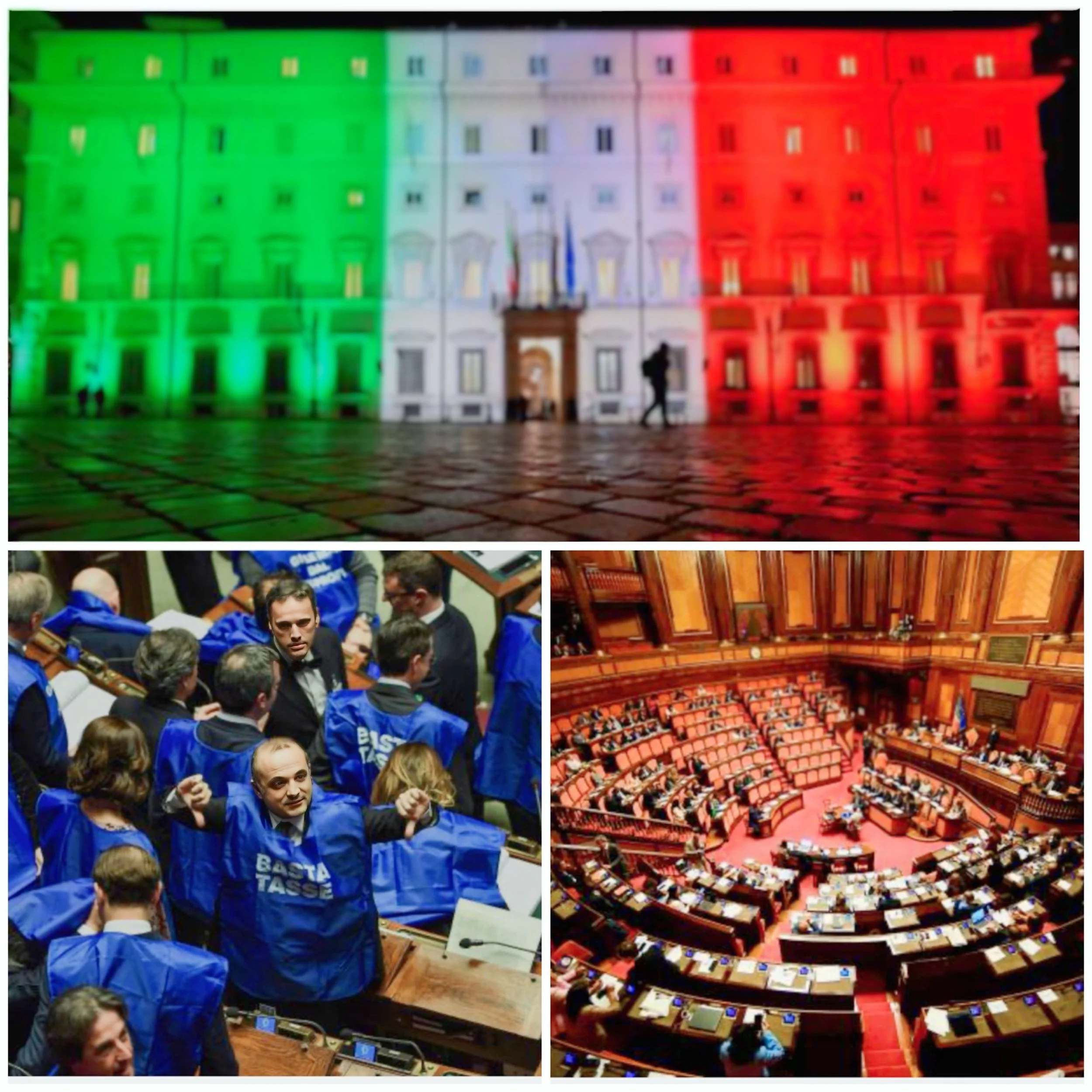What are the main criticisms of Italy's seven-year budget plan
Introduction
Italy’s recently approved seven-year budget plan has faced several criticisms from opposition parties, economic institutions, and analysts. The main criticisms of the plan include:
Overly Optimistic Growth Forecasts
The government’s growth target of around 1% is considered too optimistic by several institutions.
The Bank of Italy expects GDP growth of only 0.8% in 2024.
The parliamentary budget office expressed skepticism, describing the 1% target as highly uncertain.
Vague Financing Details
The parliament’s budget office raised concerns about the lack of detail on funding sources.
Beyond the €9 billion in deficit spending, the plan provides only “general” information on other coverage.
There is a lack of clarity on how future measures will be financed.
Reliance on Uncertain Revenue Projections
The plan relies heavily on increased revenues expected in 2024, assuming they will be fully permanent.
Italy’s statistics office, Istat, warned that this assumption carries risks.
Potential Negative Impact on Pensions
Istat cautioned that making cuts to workers’ contributions permanent could negatively impact the pension system.
Lack of Clarity on Future Sacrifices
Opposition parties, such as the Democratic Party (PD), called for greater transparency regarding potential future sacrifices required to meet the plan’s targets.
Credibility Concerns
Some critics question the government’s ability to build fiscal credibility given Italy’s high debt levels and past economic performance.
Unfulfilled Promises
Opposition leaders, including Matteo Renzi, pointed to “unfulfilled promises” and stressed the need for more substantial reforms to address the country’s future challenges.
Conclusion
These criticisms highlight the challenges Italy faces in balancing fiscal responsibility with economic growth and social welfare, all while managing its significant public debt burden.






